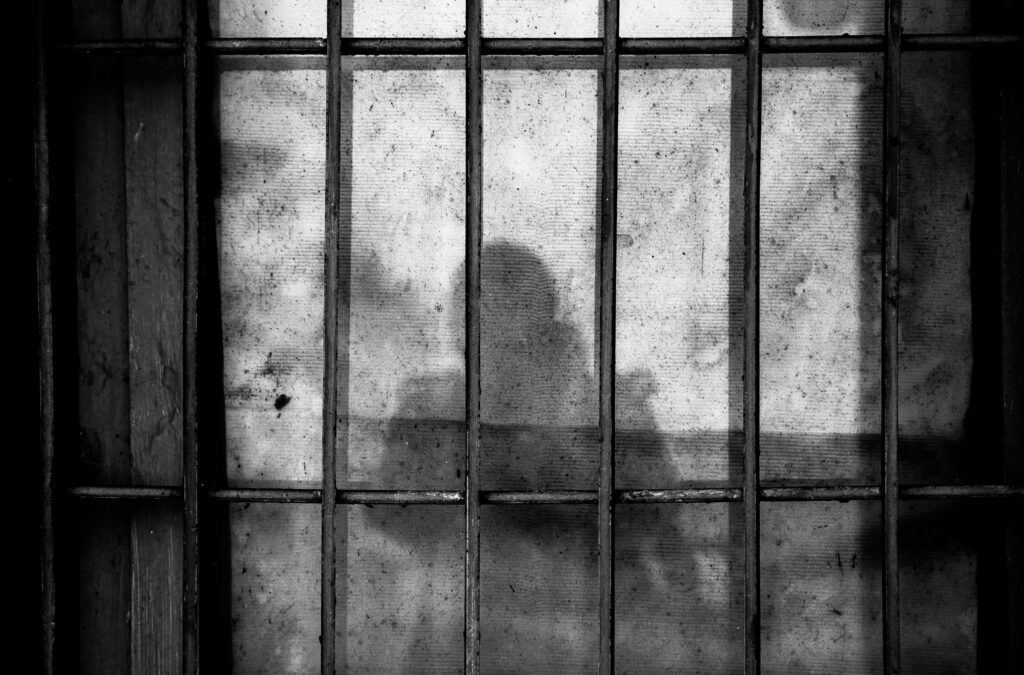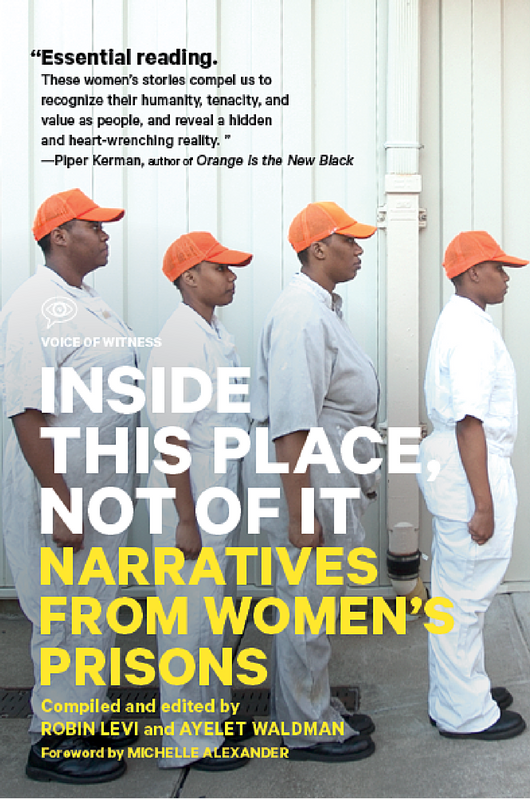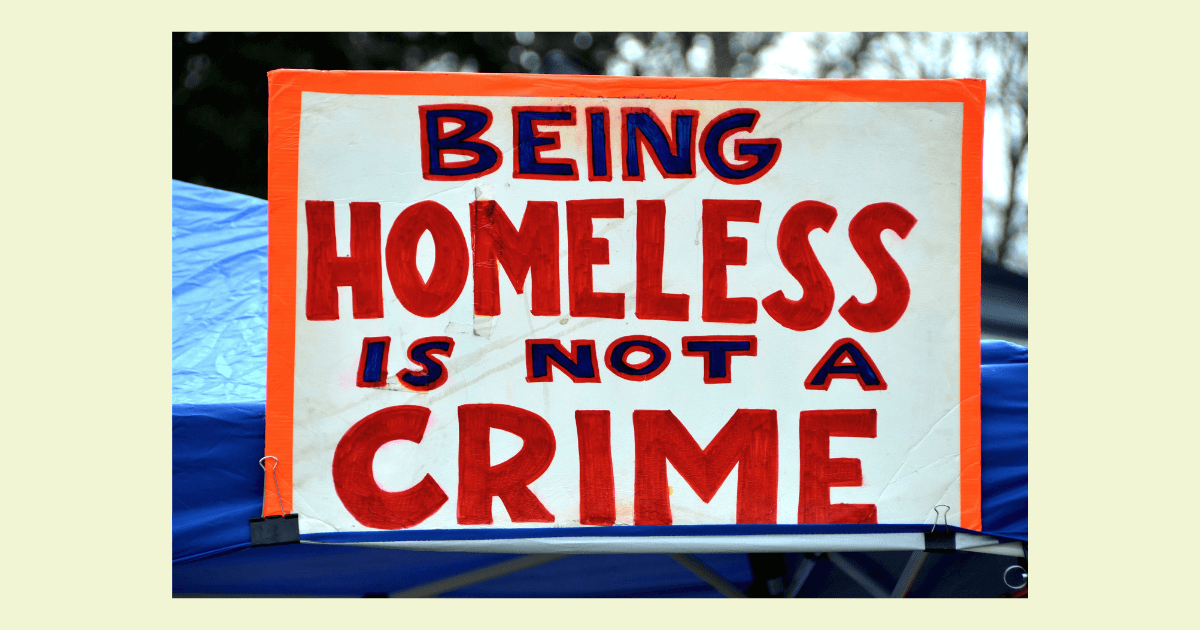2019 marks 10 years for Voice of Witness as a nonprofit, and in celebration of this exciting milestone, we’re resurfacing powerful stories from every oral history book in our series. Though time has passed since these stories were first published, many of the themes and issues they address are as relevant and important as ever.
Today, women are the fastest growing segment of the prison population, and the most vulnerable. The overwhelming majority—over 90 percent—of women in prison have suffered sexual and/or domestic abuse, and have lived in extreme poverty. In 2004, more than 90 percent of imprisoned women reported annual incomes of less than $10,000, and most hadn’t completed high school.
Inside This Place, Not of It: Narratives from Women’s Prisons reveals some of the most egregious human rights violations within women’s prisons in the United States. In their own words, the thirteen narrators recount their lives leading up to incarceration and their experiences inside– ranging from forced sterilization and shackling during childbirth, to physical and sexual abuse by prison staff. Together, their testimonies illustrate the harrowing struggles for survival that women in prison must endure.
IRMA RODRIQUEZ’S STORY
Irma has spent much of her life in and out of prison, mostly on drug-related offenses. During that time, she went through several rounds of rehab for her drug abuse, and at the time of her interview had been clean for over three years. In 1990, while in prison, Irma was misdiagnosed with HIV, and for the next seventeen years was treated with extremely toxic drugs that were contraindicated for her other illnesses. She spoke to us of the discrimination she experienced as an HIV patient, the effects of the HIV medication on her health, and the prison’s refusal to accept responsibility for her misdiagnosis.

YOU CAN GET ACCUSTOMED TO THE LOSS OF DIGNITY
The first time I was sent to prison, I was eighteen. I was convicted of possession, transportation, and sale of PCP. I had large quantities, apple juice bottles of that stuff. My first trip to prison was for six years, and I’ve pretty much been in and out since then. Now I’m in my mid-forties. In the first institution I was taken under the wing of lifers who knew I was a baby and couldn’t take care of myself. A lot of them played mom and a lot of them played sister, and they taught me the morals and principles of how to carry yourself, and the dos and the don’ts of surviving in prison. I learned that you have to carry yourself right, carry yourself with respect.
It’s hard to explain how degrading prison is to someone who’s never experienced it. You are told when to wake up, when you can bathe, when you can brush your teeth. You stand for twenty minutes waiting for a door to open just so you can walk in a line and go eat. You’re given three minutes to shovel down your food and then you’re right back in that line, waiting for the door to open up again so you can go put your stuff away. Through all this you have constant yelling over an intercom.
“There’s a lot of heartache, a lot of crime, and a lot of violence and chaos. “
There’s a lot of heartache, a lot of crime, and a lot of violence and chaos. Crammed into a building with 200 women you’ve got 200 different kinds of cultural backgrounds, ethics, beliefs, attitudes, and emotions. You’ve got 200 different ways of processing emotions. There are some women who can’t read, some who weren’t even taught how to shower. They come in here and they are stripped of their dignity. They can’t even go to the bathroom without male staff watching. You can get so accustomed to the loss of dignity that your standards just disappear.
But some women come in who have never even taken off their clothes in front of their own husbands. They get so upset and so embarrassed, they cry. What makes me the saddest is that I find myself hardening up, saying things to them like, “What are you crying about?” I have to remind myself to have compassion. Just because I’m used to it doesn’t mean someone else is.
It’s so sad to see women coming here who really don’t know how to deal with prison. They’ve never been out of their homes. They’re in here for ridiculous stuff: making bad decisions, helping someone out. They were just so naïve and gullible that another person was able to reel them in. And they’re incarcerated with people who’ve committed murder. It’s like one pit. Everyone’s thrown in one pit.
YOU’RE CONSTANTLY LIVING ON THE EDGE
It’s two o’clock in the morning, how did this door get open? Even now, when things are supposed to be better, COs routinely come into our rooms and take our things. A lot of us have arts and crafts supplies to make cards with, like cardstock and markers. We might also have books or other small things. Routinely the COs will come with their gloves and bags, and they take everything. You’ve got three blankets? Trust me, they will take them away. You have a homemade pillow sewn up, They’ll take that. You’re constantly living on edge. Sometimes I feel like they set some women up. They know who’s going to blow her stack about having her things taken, and they purposely target her, just so that she will lose it and they can bust her.





